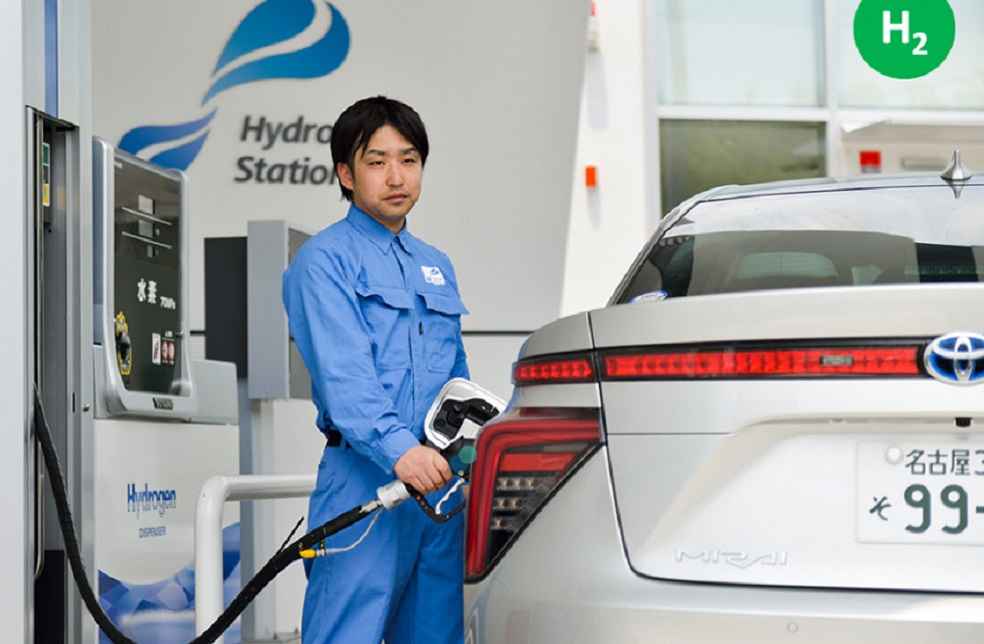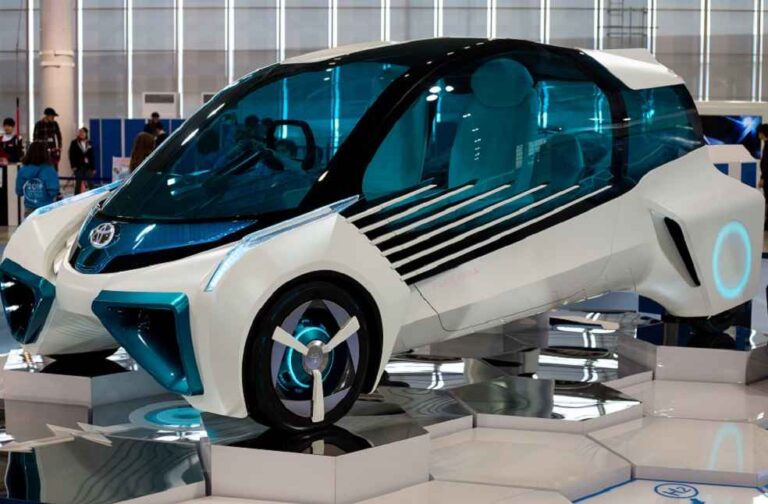Hydrogen fuel cars, offering a superior range and quick refueling times, could shape a brighter future for automotive transportation, albeit challenges exist. They trump electric vehicles (EVs) in long-distance driving convenience as they don’t necessitate a carefully planned daily charging routine. Whereas an EV needs at least 20 minutes to recharge at a fast-charging station, a hydrogen car’s refuel time is significantly shorter. However, this technology does not come without its drawbacks.
Hydrogen extraction, the significant investment needed, the cost of raw materials, regulatory hurdles, overall cost, hydrogen storage, and the essential infrastructure are some of the chief disadvantages of hydrogen fuel cells. Notably, hydrogen is a highly flammable substance, hence difficult to transport, and producing it via hydrolysis of water can be an expensive process.
Recently, Toyota’s CEO, Tetsuo Ogawa, unveiled the company’s latest hydrogen engine. His bold proclamation, “This new engine will revolutionize the entire EV industry!“ has certainly sparked optimism worldwide while sending ripples of shock through the EV market.
Yes, Despite certain challenges, automotive industry leaders such as Toyota and Honda foresee a considerable expansion in the hydrogen-powered vehicle sector by 2030. This outlook is informed by several studies, including those from Argonne National Laboratory, indicating that the production and usage of hydrogen for fuel cell vehicles offer a greener alternative compared to grid electricity used for EVs.
Hydrogen fuel cell electric vehicles (FCEVs) are powered by hydrogen and are more efficient than conventional internal combustion engine vehicles. They produce no harmful tailpipe emissions—just water vapor and warm air. Earlier, Elon Musk criticized that ‘hydrogen is not a useful energy source’. Yet he used it to power SpaceX rockets.

On the environmental front, hydrogen cars are a superior option. They produce no harmful emissions on the road and only emit water and warm air as waste. They’re as sustainable as electric vehicles considering hydrogen is the most abundant resource in the universe. However, producing hydrogen gas can be complex due to its high reactiveness.
The economic aspect is another story. Hydrogen vehicles tend to be more expensive than their electric counterparts with no budget options currently available. The cost of a hydrogen car per km also remains high. The cost of running a hydrogen car is around 20 USD/100 km while a EV car currently is $11.60 per 100 miles.
Given these considerations, some question if hydrogen vehicles are indeed the future. Certainly, the technology is not novel. Francois Isaac de Rivaz created the first hydrogen-fueled internal combustion engine in 1807, Now, NASA has been using liquid hydrogen for its rocket propellants.

Recently, the number of FCEVs (hydrogen fuel based) on the world’s roads increased by 40% in 2022 compared to 2021, totaling more than 72,000 vehicles. Notably, Japan, with automakers Toyota and Honda at the forefront, is the leading provider of hydrogen automotive fuel. As of April 2022, China boasts the record for the highest number of hydrogen fuel stations, with 250 operational stations, further supporting the growth and feasibility of this technology.
Despite the progress, hydrogen cars have yet to make a significant impact on the global vehicle market. However, they hold the potential to provide a greener alternative to petrol, and several firms are researching, testing, and producing hydrogen-powered vehicles. From the Honda Clarity Fuel Cell, Hyundai Nexo SUV, to the Toyota Mirai, we’ve seen in the world market a variety of hydrogen vehicles.
Hydrogen-fueled vehicles indeed present a distinctive future prospect. However, to pose a serious challenge to electric vehicles (EVs), critical issues need to be addressed and resolved. These include the production and storage of hydrogen, the development of necessary infrastructure, and devising ways to counteract high costs. Only then can hydrogen vehicles carve out a significant position in the mainstream market. As global concerns grow over the impact of battery waste, it’s hoped that this will trigger further investment into realizing the potential of hydrogen.
OBSERVATION: Electric Vehicles: More Emissions than Hybrids, Says IIT Study





